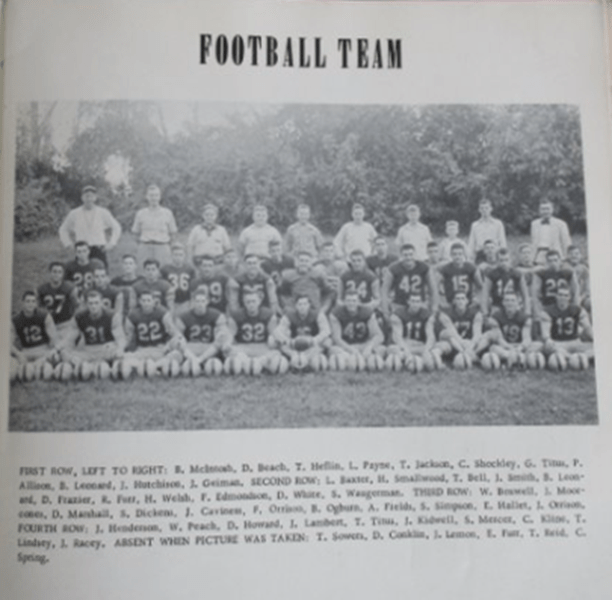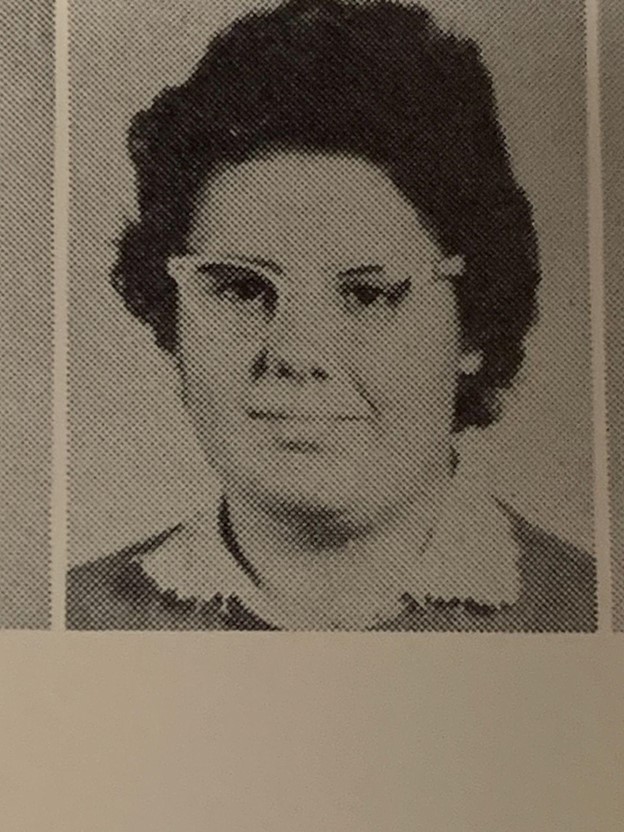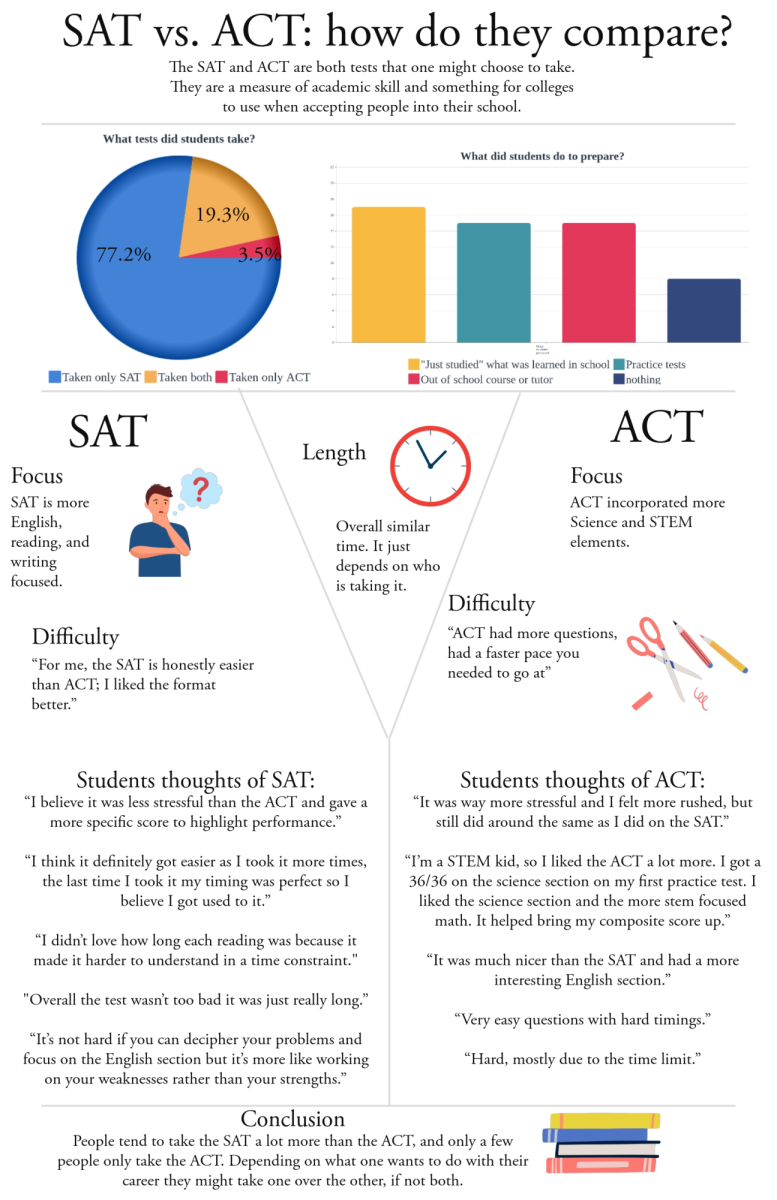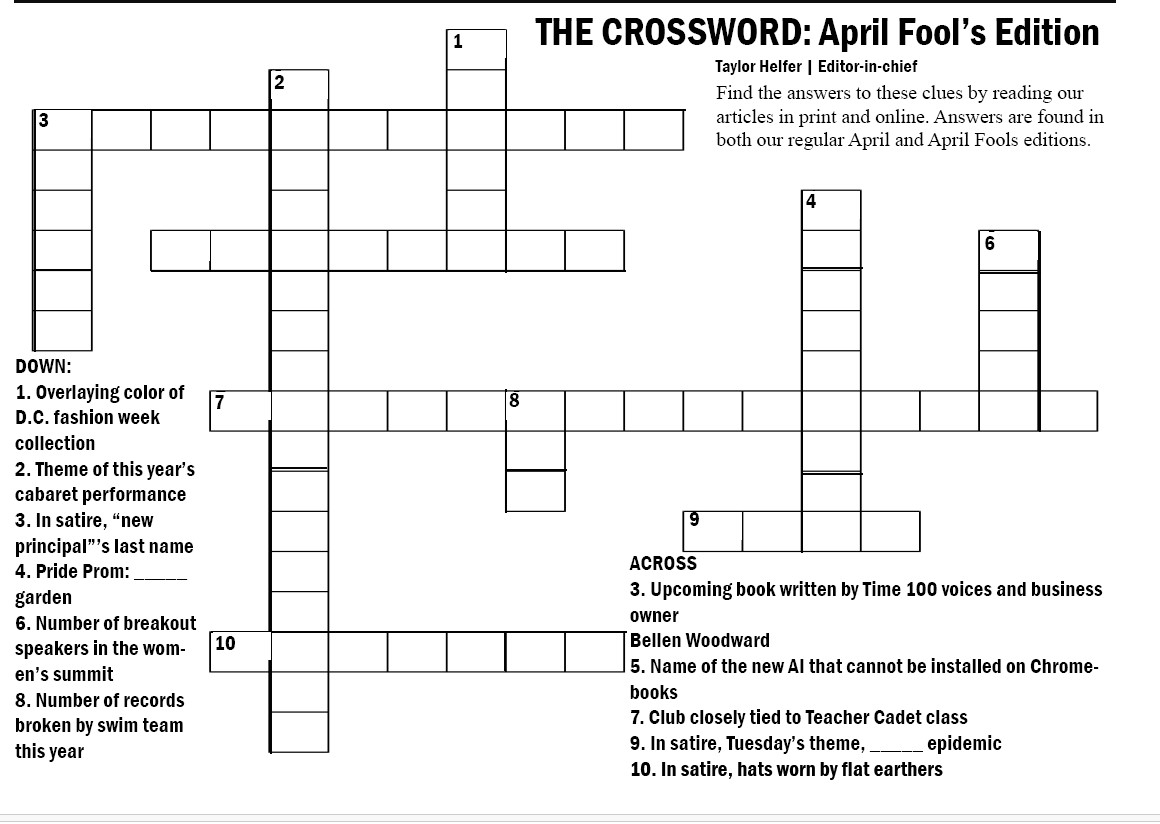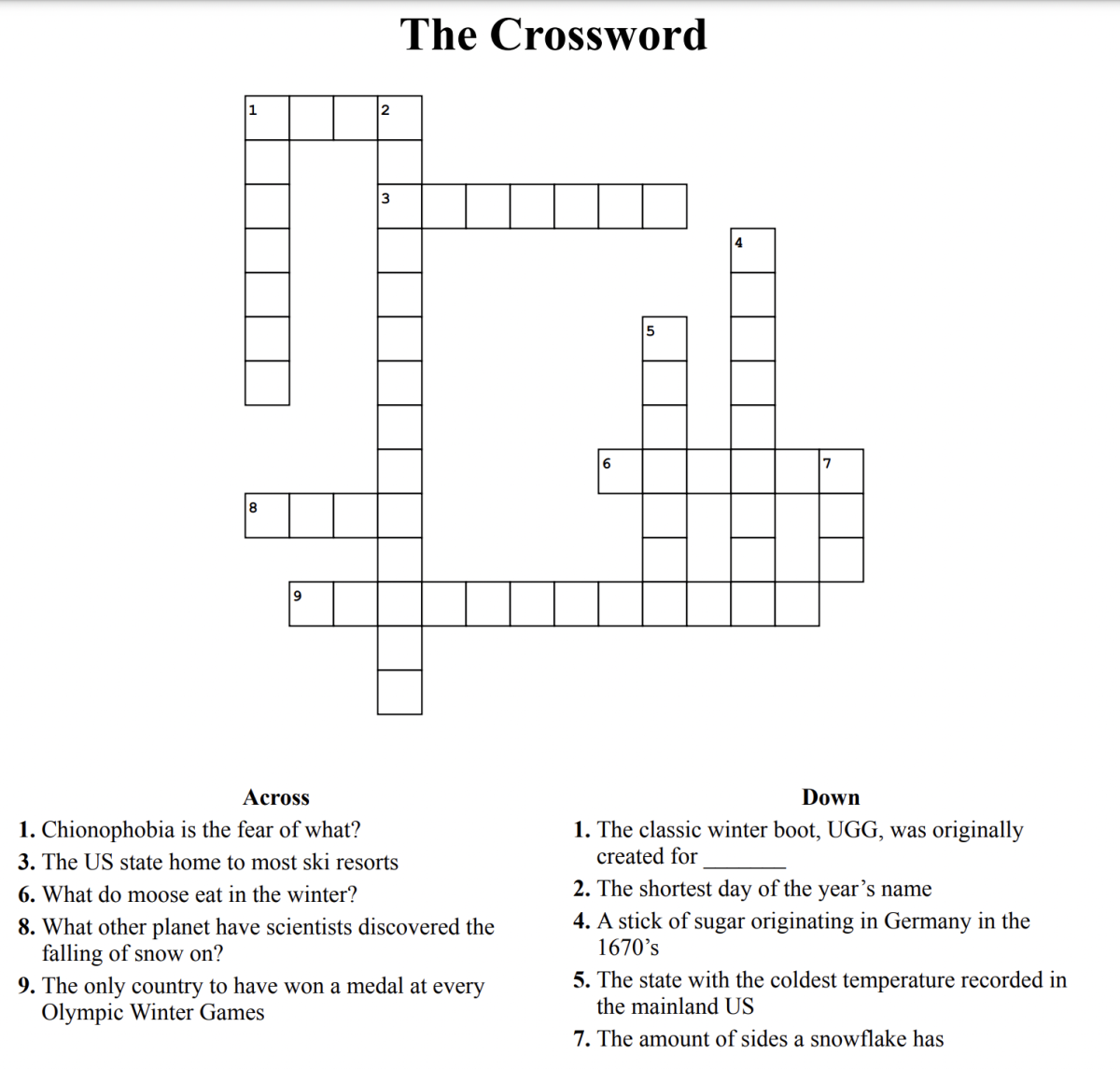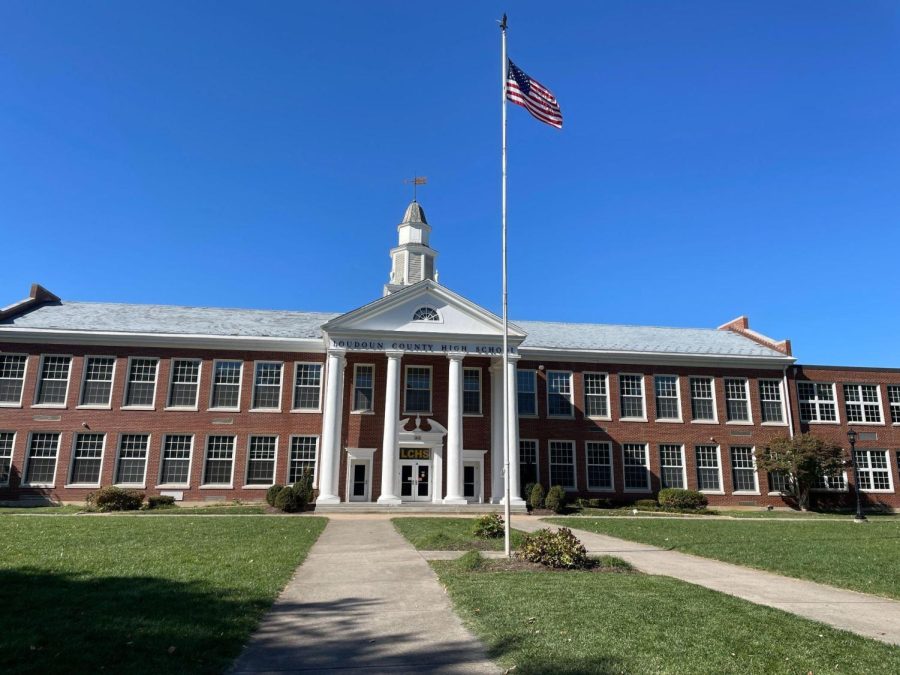Why Loudoun County High School students stand for The Pledge of Allegiance
The American flag waves proudly over the iconic front lawn of Loudoun County High School each day. Like all Virginia schools, County recites the Pledge of Allegiance every morning, but students are not forced to participate. Photo by Maisy Davies.
The Pledge of Allegiance is a symbol of the alliance between citizens and non-citizens of the United States. Although it is recited every day in schools across the nation, it is infrequently taught that reciting the pledge is a choice for every individual. The United States Constitution is based on the core value of freedom and reciting the Pledge of Allegiance is a choice. The 2022-23 Student Rights and Responsibilities booklet for Loudoun County Public Schools echoes the Code of Virginia in stating that while the Pledge will be recited daily, “no student shall be compelled to recite the Pledge if the student or the parent or guardian objects on religious, philosophical, or other grounds to the students participating in this exercise.”
An informal poll sent out to Loudoun County students exhibits students’ confessions about their knowledge of the pledge. Over 70 students reveal that about half of participants stand during the Pledge of Allegiance with 12% saying they “never” or “sometimes” stand. Some students’ reasons for not standing include inequality in relation to “justice for all,” religious freedoms, and citizenship. Some even describe America as “a cult.” On the other hand, students who do stand explain their reasoning as respecting that “people died for our country” and “it is tradition,” while some admit to simply following the crowd. 66% of the responses admit to not knowing the history behind the Pledge or why it is recited daily.
A Brief History of the Pledge of Allegiance
- 1892
Francis Bellamy writes the Pledge of Allegiance to celebrate the 400th anniversary of Christopher Columbus’s landing on American soil, writing an accompanying passage for Daniel Sharp Ford’s magazine Youth’s Companion in an attempt to make the country more patriotic. The first pledge is recited in American schools.
- 1923
The words “my flag” are replaced with “the flag of the United States of America”.
- 1942
The “Bellamy Salute,” a hand gesture reminiscent of the “Heil Hitler” salute, became the focus of unwanted attention after the rise of fascism and World War II brewing in Europe. Congress amends the law to say that the Pledge of Allegiance should “be rendered by standing with the right hand over the heart.”
- 1954
President Eisenhower requests the addition of the phrase “under God” to restore religious faith in America.
- 1998
A lawsuit is filed in Florida to remove the phrase “under God” from the Pledge. The lawsuit is dismissed.
- 2000
A lawsuit is filed in California arguing that forcing students to recite the words “under God” violates the First Amendment. This is dismissed by the Supreme Court.
- 2005
Parents joined in the 2000 lawsuit in Sacramento, California to have the phrase “under God” removed. However, the lawsuit is denied by the U.S. Court of Appeals.
- 2014
Massachusetts Supreme Court rules that reciting the Pledge of Allegiance is patriotic, and not an act of religion, and therefore the words “under God” do not discriminate.
Your donation will support the student journalists of Loudoun County High School. Your contribution will allow us to purchase equipment and continue to print our issues for the students at our school.
Maisy Davies is a senior, and although this is her first year in Newspaper, she has had two years of journalism experience. She enjoys writing opinion...










